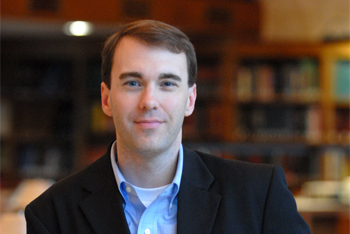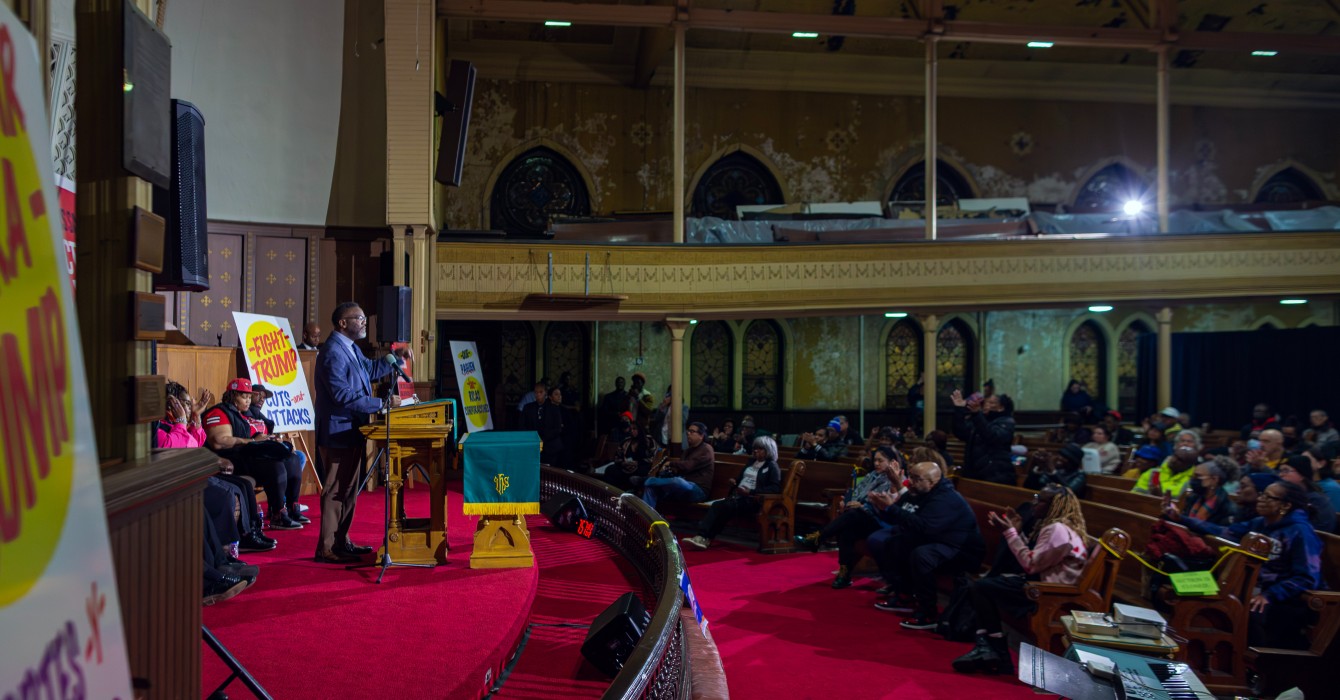
What's the future of denominations?
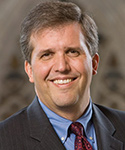 Link to author L. Gregory Jones
Link to author L. Gregory Jones
L. Gregory Jones begins the conversation by exploring denominations’ purpose and function, economic models and role in educating lay and ordained ministers.
A major figure in the emerging church talks about what’s good about denominations, the challenges the organizations face and some “wild ideas” for the future.

But if denominations are to have a vibrant future, they must become a means to network people in meaningful, covenantal relationships, says the former head of the Reformed Church in America.

Church leaders must be willing to hold themselves accountable for what’s going on in congregations because wishful thinking won’t help the church thrive in the future, the late AME bishop said in a 2010 interview.
There will be a “leveling out” in the future as the emphasis shifts from clergy, buildings and the white middle class to a more empowered lay leadership, a variety of venues and a more expansive view of “who God has called to be God’s people,” says the stated clerk of the PC(USA).
Local congregations are finding ways to thrive by developing liturgical and ministry-based niches in their communities while anchoring their identities in denominations, says the former dean of the Wake Forest School of Divinity.

Denominations are needed to harness the power of individuals and congregations to take action against global warming, says the UCC’s Massachusetts conference minister.
The senior pastor of Ray of Hope Christian Church says the future and power of the Disciples of Christ lies in the local congregation, in the people who move out in ministry and witness as the whole church.
United Church of Christ’s national leadership seeks to enact change while staying true to the denomination’s core values of radical hospitality, inclusiveness and social justice.
Denominations will always exist, says UMC Bishop Gregory Palmer, because they provide cohesiveness and capacity -- the ability to bring resources together and leverage them to do enormous good.
Asking, “What can we learn from other denominations?” Geoff Moore applies receptive ecumenism to the practice of building healthy churches.
All people crave the truth, says AME Bishop Jeffrey Leath. And one of the key roles for denominations is to be a reliable source of that truth, an arbiter of its trustworthy presentation.
Maintaining and strengthening denominations’ prophetic voice is critically important, says the leader of Church World Service.
The executive director of Global Mission for the ELCA says denominations are a source of identity, the lenses through which everything is viewed: Scripture, church and society.
Denominations are distinctive traditions within one Body of Christ, and terms like “Methodist” and “Presbyterian” are adjectives that qualify the word “Christian,” says the former general secretary of the National Council of Churches.
In the future, denominational missions will be understood as work shared with partners around the world, says the executive minister of the United Church of Christ's Wider Church Ministries.

Affirmation of inclusion in the body of Christ is the purest expression of denominations, but too often they encourage exclusion, says the former international executive director of Word Made Flesh.
Christian leaders -- Orthodox and others -- are challenged to translate love into a day-to-day life in which people are isolated, says the assistant chancellor of the Greek Orthodox Archdiocese of America.
Get rid of real estate, focus on education and trim, trim, trim. That’s the advice to denominational leaders from the author of “The Great Emergence.”
Church consultant Gil Rendle wonders: What would it be like if the church lived out of a culture of sufficiency rather than one of scarcity?
More on Christian Leadership
The limits of hope and the promise of joy
In an excerpt from his new book, "Ancestors: Those Who Bless Us, Curse Us and Hold Us," an AME pastor writes about the church as inherently political and why we cannot wait on God for change.
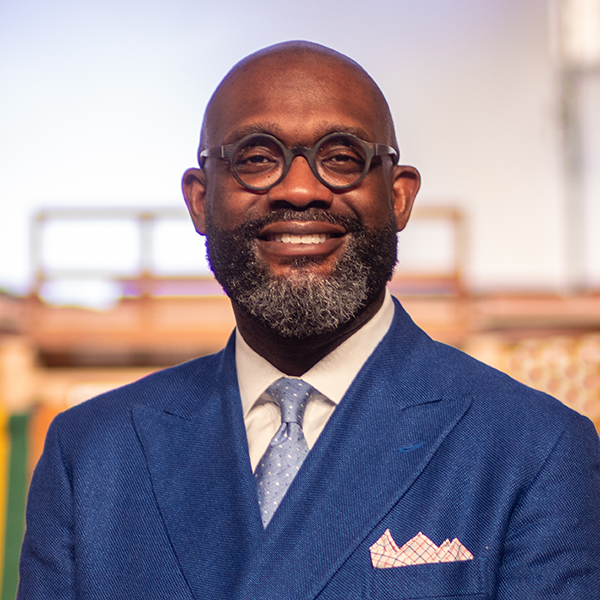 Link to author William H. Lamar IV
Link to author William H. Lamar IV
Historic church teaches about the past and engages the present
The oldest Black congregation in Chicago restores its historic building while reaching out as history is made in the city today.
 Link to author Celeste Kennel-Shank
Link to author Celeste Kennel-Shank
‘God of All Promises: A Poetic Pilgrimage through Genesis’
In this excerpt from his posthumous book, noted theologian Walter Brueggemann offers prayers, and probes into the deep, as he reflects on Genesis.
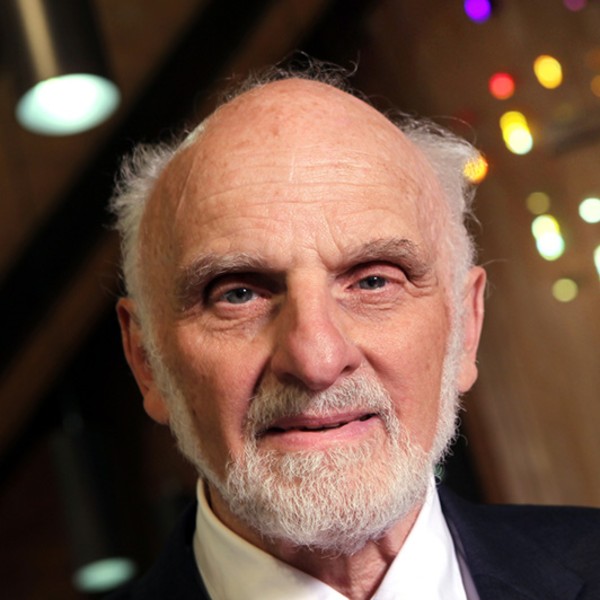 Link to author Walter Brueggemann
Link to author Walter Brueggemann
More on Congregations
The value of levity in the local church
Play helps us understand God and open new paths for ministry, says a pastor
 Link to author Andy Stanton-Henry
Link to author Andy Stanton-Henry
Through partnership, prayer and perseverance, a small, suburban congregation responds to the community’s need for affordable housing
It took 16 years for Brigit’s Village, a 40-unit, intergenerational apartment complex in northern Colorado, to come to fruition.
 Link to author Daliah Singer
Link to author Daliah Singer
Karl Stutzman and Ruth Szpunar: How do religious leaders evaluate information?
A new study examines how clergy find and evaluate the information they need and how they help congregants navigate today’s information landscape.


